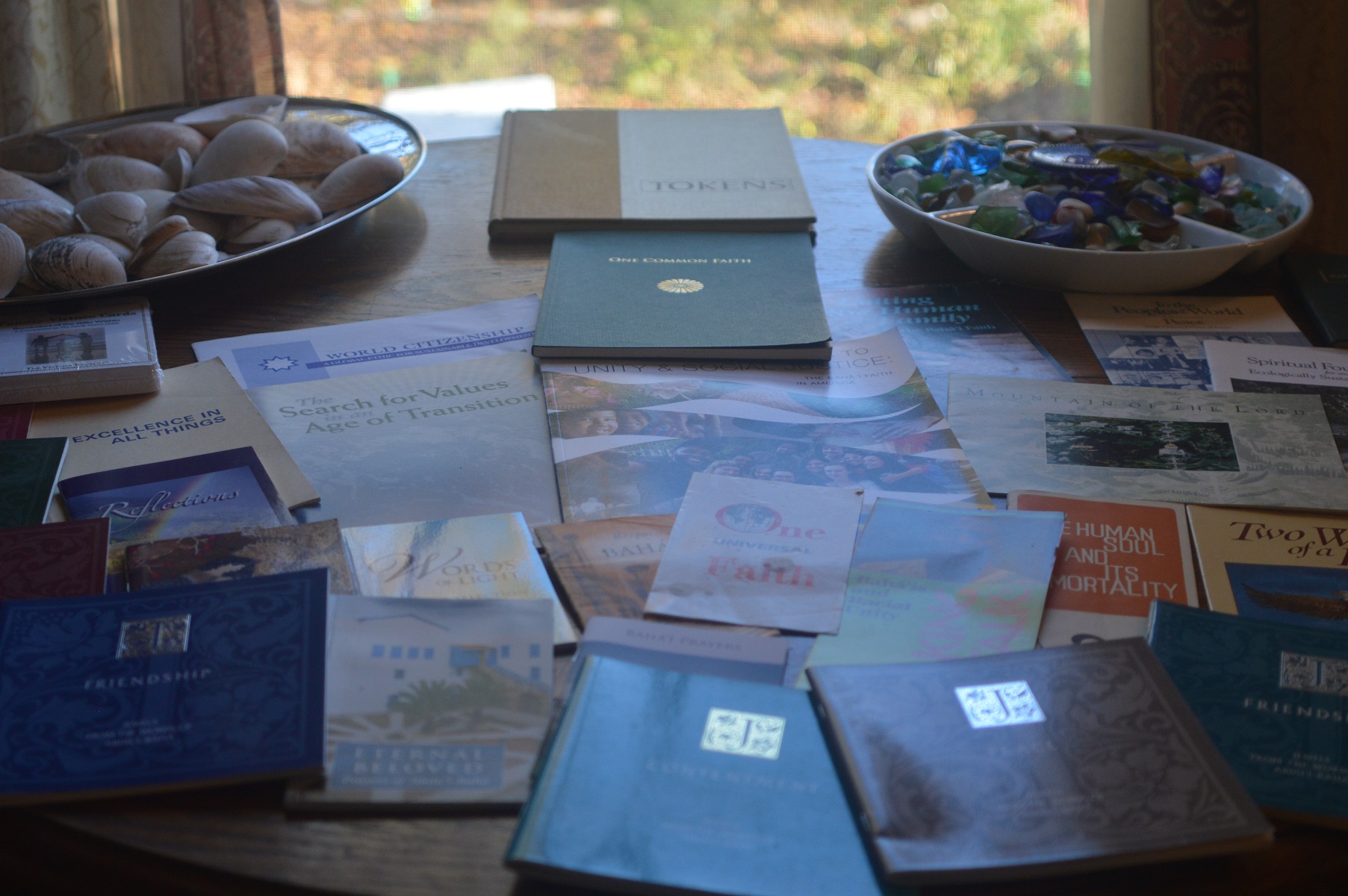 Jake Michaud
Jake Michaud
The Roll-Away Pumpkin
by TANIN AZADI
“Open the door!” We heard a man shouting. My mother grabbed our hands and took us to our room. My brother, my mother, and I sat quietly. As a seven-year-old, I couldn’t understand what was happening, but when I heard the men yelling and felt my mother’s shaky breath on my cheek, I felt terrified. The man shouted again: “Open this door!” With every shout, my mother held our hands tighter. I looked through the keyhole and saw four men throwing our things on the floor. Then I heard my father saying, “Who let you in my house?”
Two days earlier, my father had told my brother and me that he had a gift for us. We looked at him with eyes full of excitement as he handed us each a package containing a book and a cassette tape. My book was called The Roll-Away Pumpkin. I couldn’t have imagined a better gift! I had always been a book lover, but because of our difficult financial situation, my parents could not afford to buy me many books. Thrilled, I opened the book and tried to read it but found it a little too difficult, so I decided to put the book and cassette in a drawer and wait until my mother had time to read it to me.
For a while, there was complete silence, then my father opened the door to the other room where he had been with the strange men and told us they had left. My mother and brother and I came into the room and looked around. I couldn’t believe what I saw. The floor was covered with torn papers and books. All the closets and drawers were open and empty and our clothes laid on the floor. The men had even thrown our trash can into a corner, with the garbage spilled out onto the floor. I thought of my book and cassette tape. I looked for them in the drawer, but the drawer was empty. I moved through the room, looking under all the papers and clothes, but I couldn’t find them anywhere. I wanted to cry, then I looked at my father’s face. He was sad but also furious. “They took all of our religious books — even our prayer books,” he said to my mother. Then I understood: they must have taken my book and cassette tape as well.
The next morning, my father called my brother and me into the living room and explained everything. He started with the fact that we are Bahá’ís, and that Bahá’ís in Iran aren’t treated with respect by the government. “Why?” my brother asked. “They think we are not good people so they come to our homes and take our books and papers to see what we are hiding from them, but, as you two know, we only want to help the world and show kindness and love; I hope at least they will read the books they took from us and learn how to become good people too,” he said. I was amazed that my father wished them well instead of cursing them. Then he said these words: “Always remember what ‘Abdu’l-Bahá said, ‘Let your heart burn with loving kindness for all who may cross your path.’”
Now I am twenty-seven years old, but I still think about what happened twenty years ago — about the book I never read, the cassette I never listened to, about my mother’s shaky breath, my father’s sad face, and the horrible sound of those men yelling. Over the years, I have witnessed many other injustices in my country. And when I hear of them, I always remember the words of ‘Abdu’l-Bahá, then I ask myself many questions. How is it possible to love everyone? How can I be that strong? And every time, after I ask that question, I hear my father’s voice and feel assured in the depths of my heart that this is the way to the unity and salvation of the world.

